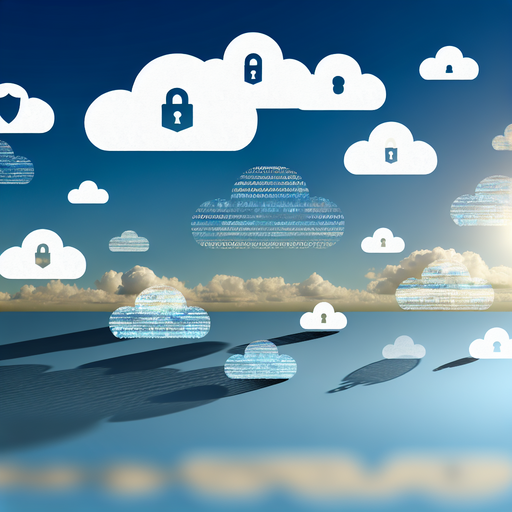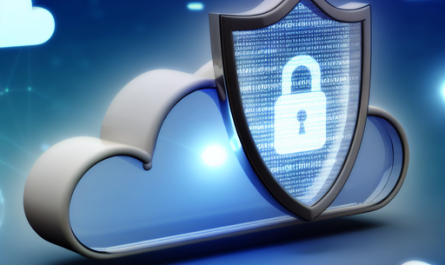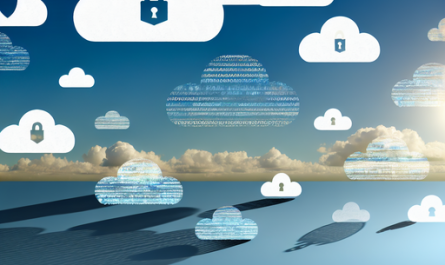In today’s digital age, more and more businesses and individuals are turning to cloud storage solutions to store and share their data. However, with the increasing use of cloud services comes the need for increased security measures to protect sensitive information from falling into the wrong hands. Nextcloud, a popular open-source cloud storage platform, offers a range of security features to help keep your data safe. In this article, we will discuss some best practices for ensuring the security of your Nextcloud instance.
1. Enable Two-Factor Authentication (2FA): One of the easiest and most effective ways to enhance the security of your Nextcloud instance is to enable two-factor authentication. With 2FA, even if an attacker manages to obtain your password, they will still need a secondary form of authentication (such as a code sent to your phone) to access your account.
Get Nextcloud with 1 TB of storage for just up to €3.99 per month.
Try it now for one month free and risk-free.
2. Keep your Nextcloud instance up to date: Just like any other software, it is important to regularly update your Nextcloud instance to ensure that you have the latest security patches and bug fixes. Nextcloud regularly releases updates to address vulnerabilities and improve the overall security of the platform, so it is important to stay current.
3. Use strong, unique passwords: This may seem like common sense, but using strong, unique passwords for your Nextcloud account is essential for keeping your data secure. Avoid using easily guessable passwords (such as „password“ or „123456“) and consider using a password manager to generate and store complex passwords for each of your accounts.
4. Encrypt your data: Nextcloud offers end-to-end encryption to ensure that your data remains secure both in transit and at rest. By encrypting your data, you can prevent unauthorized access to your files, even if your server is compromised.
5. Implement access control: Nextcloud allows you to set granular permissions for each user and folder on your instance. By carefully managing who has access to what data, you can minimize the risk of unauthorized access and prevent data breaches.
6. Regularly audit user accounts: It is important to regularly review and audit the user accounts on your Nextcloud instance to ensure that only authorized individuals have access to your data. Remove any inactive or unnecessary accounts and monitor for suspicious activity.
7. Backup your data: In the event of a security breach or data loss, having a backup of your data is essential. Nextcloud offers built-in backup and restore features to help you easily create and restore backups of your files.
By following these best practices, you can help ensure the security of your Nextcloud instance and protect your data from potential threats. Remember, security is an ongoing process, so it is important to stay vigilant and proactive in safeguarding your data. Nextcloud offers a range of security features and tools to help you keep your data safe, so make sure to take advantage of them.



